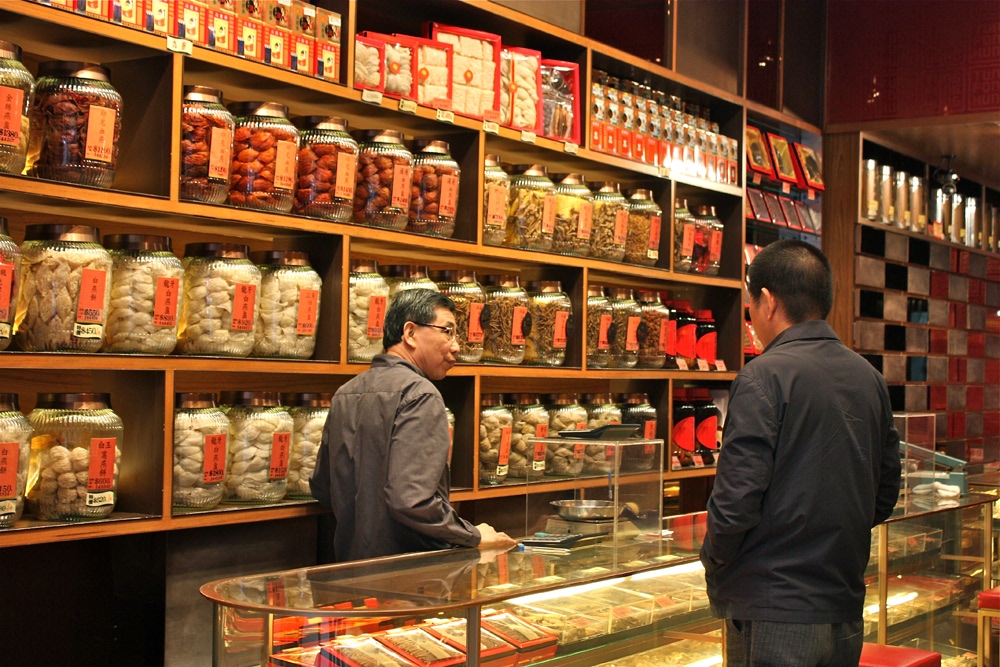Loosely regulated and largely untested in clinical trials, herbal medicines nonetheless do big business based on their image of being wholesome, natural, and backed by millennia of tradition. Common sense tells us that it's healthier to swallow a flower than a pill, and wiser to consult with a kindly herbalist than with a white-coated doctor.
Biomimicmarketing is so persuasive that it can sell poison, so long as the poison is "natural". Aristolochia, a mottled purple flower, was a common medicine in ancient Rome, Greece and Egypt, and is still an ingredient in traditional chinese remedies and in certain weight-loss supplements. Prescribed for ailments as wide-ranging as childbirth, arthritis and snakebites, for thousands of years doctors and patients managed to miss the flower's most potent property: It will kill you.
It was not until 1991 that anyone noticed that there was something amiss with "birthwort". A women's weight-loss clinic in Brussels accidentally switched from its normal, harmless blend of Chinese herbs to one containing aristolochia. After two years, the 105 women using the herbal concoction developed rapidly progressing kidney failure. They required dialysis and kidney transplants; most later went on to develop urinary tract cancer. The plant has now been implicated in Taiwan's sky-high rate of kidney disease and cancer. Aristolochic acid nephropathy, as the illness is called, may represent a massive but completely unnoticed disease throughout history and across dozens of cultures.
Biologically, aristolochia's toxicity is to be expected. Plants are brimming with chemical defenses. Some of these chemicals, like the quinine in the cinchona tree or THC in marijuana, happen to help us out. Most lead us to an early grave. Despite all evidence to the contrary, traditional herbal remedies remain in widespread use, testaments to the power of biomimicmarketing. Nature is such a trusted brand that we keep consuming it, even as it kills us.
Story via Slate. Photo via Anthidote.

Share your thoughts and join the technology debate!
Be the first to comment